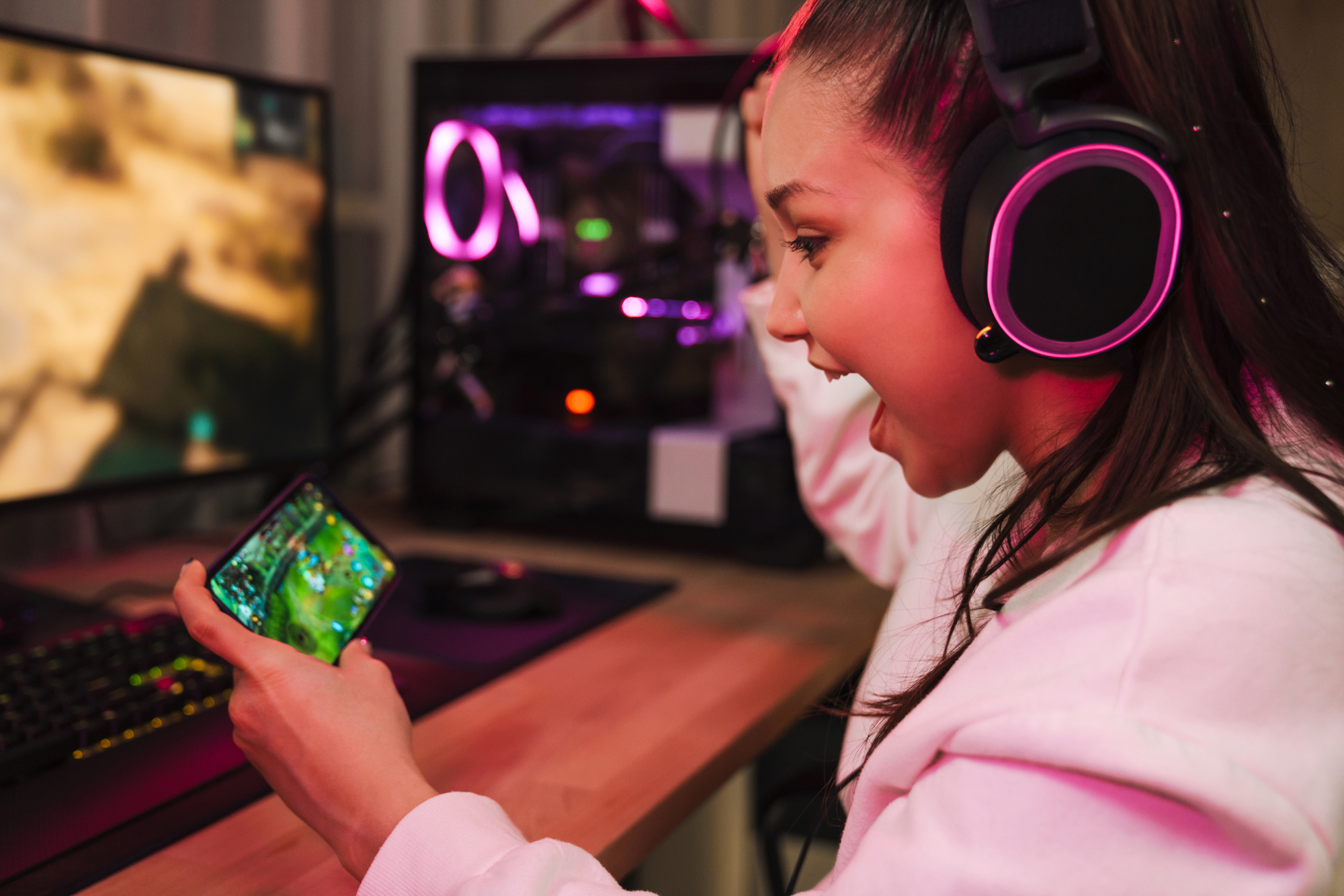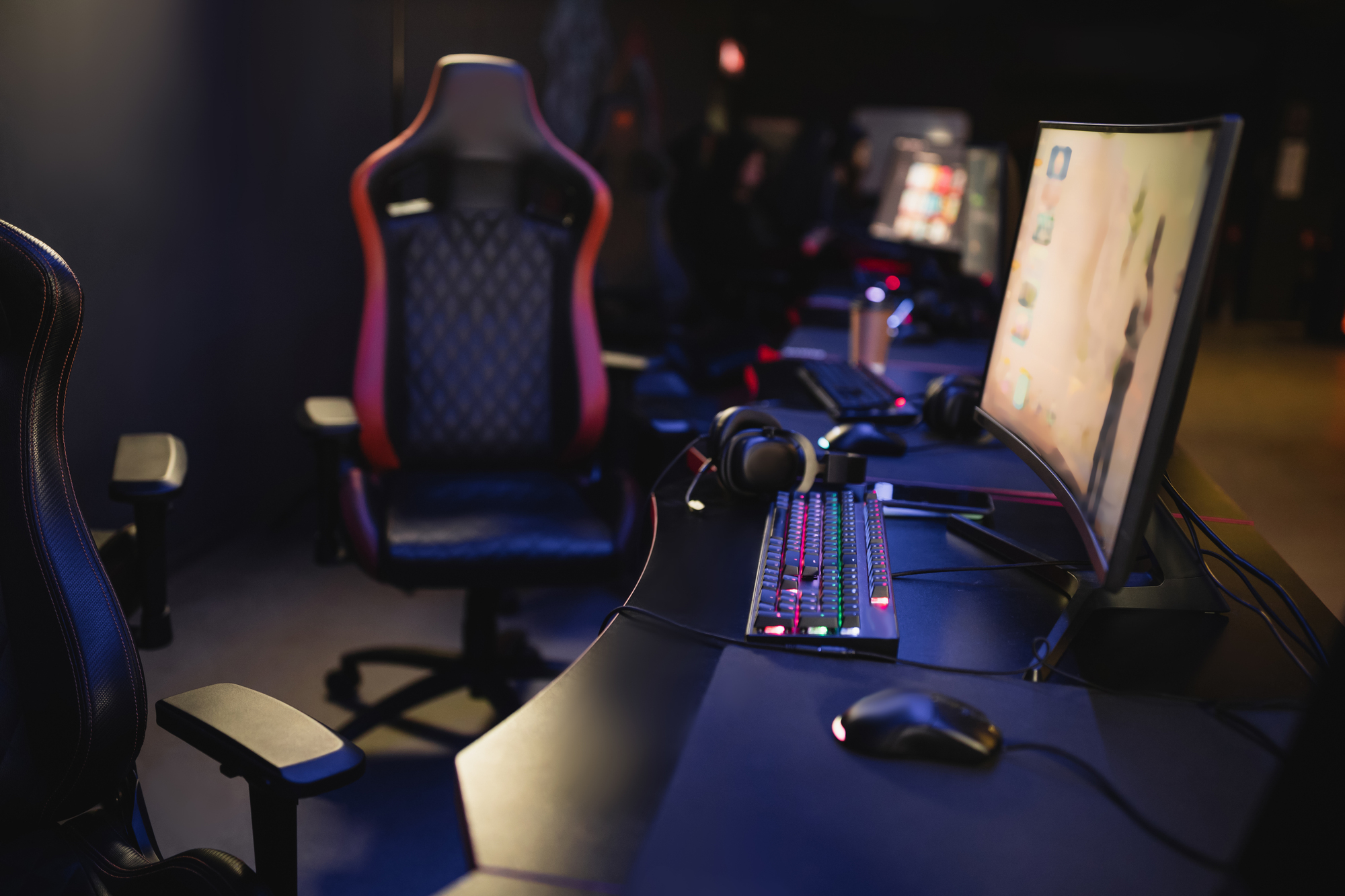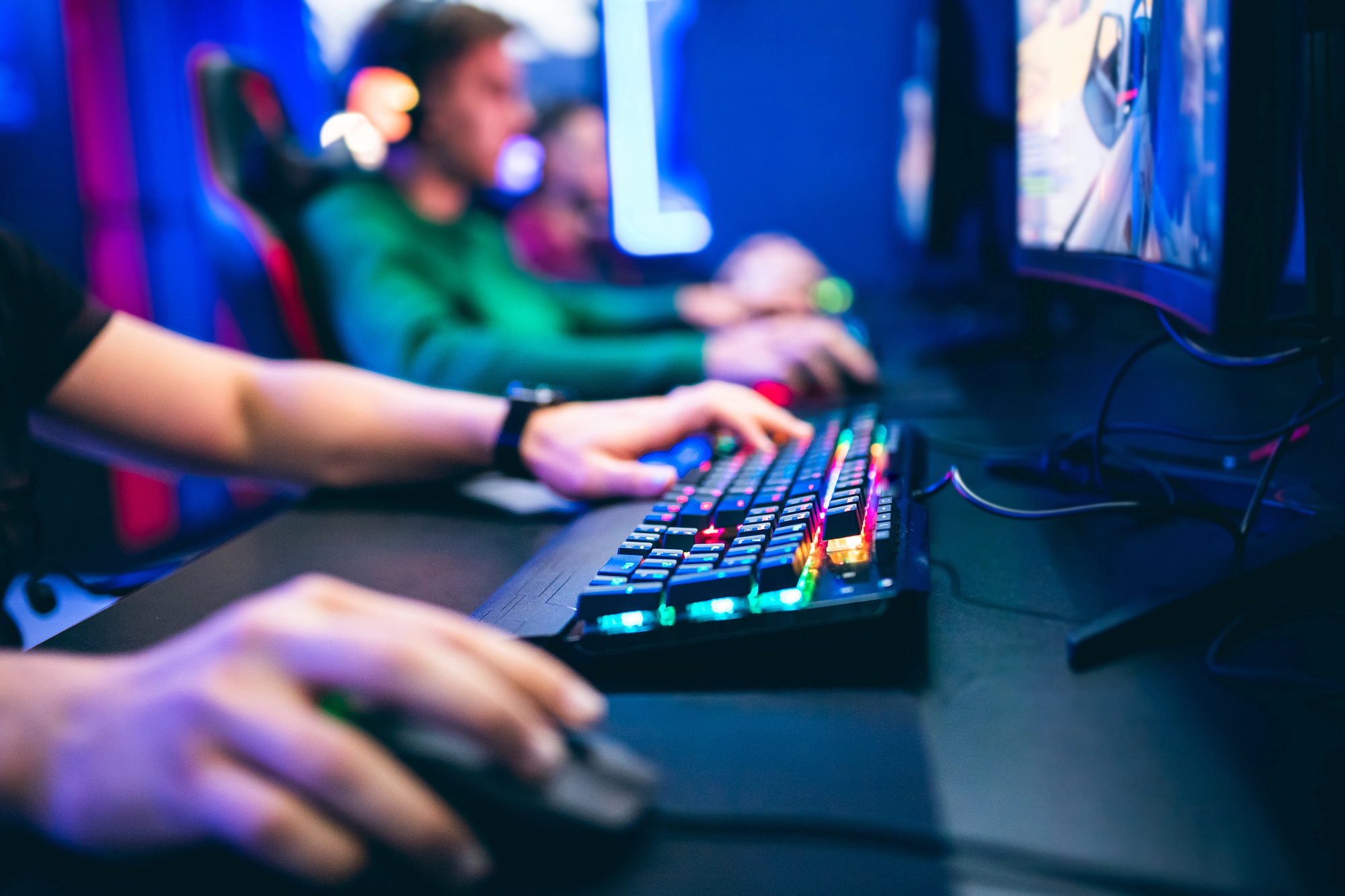Gaming has emerged as an unexpected training ground for leadership skills development. Video games offer unique scenarios that challenge players to strategize, communicate, and make quick decisions under pressure. These virtual environments provide a safe space for experimenting with different leadership approaches and learning from mistakes without real-world consequences.
Game-based learning cultivates essential leadership qualities such as motivation, facilitation, coaching, and communication. Players often find themselves leading teams, managing resources, and solving complex problems in game scenarios that mirror real-world situations. This experiential learning process allows individuals to develop and refine their leadership abilities in engaging and interactive ways.
The skills honed through gaming translate remarkably well to professional settings. Strategic planning, team building, and adaptability are just a few of the competencies that gamers can apply to their careers. As organizations recognize the value of these game-derived skills, some have even incorporated gaming elements into their leadership development programs to foster growth and innovation among their workforce.
Understanding Leadership Skills in the Gaming Context
Video games provide a unique environment for developing and practicing leadership skills. Players engage in complex decision-making, team coordination, and strategic planning, mirroring real-world leadership challenges.
Defining Leadership in Video Games
Leadership in video games involves guiding teams, making strategic decisions, and adapting to dynamic situations. In multiplayer games, leaders often emerge organically, taking charge of group activities and coordinating efforts. These virtual leaders demonstrate skills such as clear communication, quick decision-making, and the ability to motivate team members.
Gaming environments allow players to experiment with different leadership styles without real-world consequences. This safe space encourages risk-taking and learning from failures, essential components of leadership development.
Correlation Between Gaming and Leadership Behaviors
Research suggests a strong link between gaming experiences and leadership behaviors. Regular gamers often exhibit improved problem-solving abilities, enhanced strategic thinking, and better teamwork skills. These traits translate well to real-world leadership scenarios.
Gaming cultivates emotional intelligence by requiring players to read and respond to team members’ emotions and motivations. This skill is crucial for effective leadership in professional settings.
Studies show that gamers who take on leadership roles in virtual worlds tend to display increased confidence and decision-making capabilities in real-life situations.
Psychological Theories Underpinning Leadership and Gaming
Social learning theory plays a significant role in understanding how gaming influences leadership development. Players observe and imitate successful leadership behaviors within games, internalizing these strategies for use in other contexts.
Gaming environments provide immediate feedback on leadership decisions, reinforcing effective behaviors and discouraging ineffective ones. This rapid feedback loop accelerates the learning process for aspiring leaders.
Cognitive development theories suggest that the complex problem-solving required in many games enhances critical thinking skills essential for leadership. These skills include analyzing situations, evaluating options, and implementing solutions efficiently.
Development of Strategic and Cognitive Skills via Gaming
Gaming experiences foster strategic thinking and cognitive growth. Players engage in complex decision-making processes and develop problem-solving abilities applicable to real-world scenarios.
Strategy Building in Virtual Worlds
Virtual worlds in games like World of Warcraft require players to formulate and execute strategies. These environments present challenges that demand careful planning and resource management. Players learn to analyze situations, anticipate obstacles, and devise effective solutions.
Gamers often collaborate with others, coordinating actions to achieve shared goals. This teamwork enhances communication skills and teaches the value of adaptability when strategies need adjustment.
The iterative nature of gaming allows players to refine their approaches over time. They learn from failures, identify patterns, and improve their strategic thinking with each attempt.
Enhancing Problem-Solving and Decision-Making
Games frequently present players with puzzles and obstacles that require quick thinking and creative solutions. These challenges stimulate cognitive functions and improve analytical skills.
Players must weigh risks and rewards, often under time pressure. This process sharpens decision-making abilities and teaches the importance of prioritizing actions.
Many games offer multiple paths to success, encouraging players to explore different options. This flexibility fosters innovative thinking and helps develop a more comprehensive approach to problem-solving.
From Gaming to Real-World Project Management
The skills acquired through gaming can translate to effective project management in professional settings. Gamers learn to break down complex tasks into manageable steps, a key aspect of project planning.
Resource allocation in games mirrors budget management in real projects. Players become adept at optimizing limited resources to achieve maximum results.
Risk assessment is another transferable skill. Gamers evaluate potential outcomes and develop contingency plans, practices that are valuable in project management.
Leadership skills often emerge as players take on roles in multiplayer games. These experiences can prepare individuals for team leadership positions in their careers.
Measuring and Evaluating Gaming’s Impact on Leadership
Assessing the effects of gaming on leadership skills requires a multifaceted approach. Various methods can be employed to gauge the effectiveness of game-based learning in developing leadership abilities.
Quantitative and Qualitative Assessments
Researchers use both quantitative and qualitative methods to measure gaming’s impact on leadership. Quantitative assessments often involve surveys and questionnaires that track changes in leadership behaviors over time. These tools can measure specific skills like decision-making, communication, and team coordination.
Qualitative assessments include interviews, focus groups, and observational studies. These methods provide rich, contextual data about how participants apply leadership skills learned through gaming to real-world scenarios. Researchers might observe gamers during gameplay and in non-gaming leadership situations to compare behaviors.
Statistical analysis techniques such as factor analysis help identify patterns and correlations between gaming experiences and leadership outcomes.
Effective Training Programs and Simulations
Game-based training programs and simulations offer controlled environments to develop and assess leadership skills. These programs often incorporate scenarios that mimic real-world leadership challenges, allowing participants to practice decision-making and team management.
Researchers design simulations with specific learning objectives tied to leadership competencies. They might focus on areas like strategic thinking, resource allocation, or crisis management. Performance metrics within these simulations provide quantifiable data on leadership skill development.
Some training programs use commercial off-the-shelf games, while others employ custom-designed serious games. The effectiveness of these approaches can be compared through pre- and post-program assessments of leadership capabilities.
Interpreting Data: Analysis and Findings
Analyzing data from gaming-based leadership studies requires a methodological approach. Researchers often use mixed-methods designs, combining statistical analysis with interpretative approaches to gain comprehensive insights.
Key findings from studies indicate that certain types of games, particularly those involving team coordination and strategic planning, can enhance leadership skills. Multiplayer online battle arena games, for example, have been linked to improvements in motivation, facilitation, and communication abilities.
Factor analysis helps identify which gaming elements contribute most to leadership development. This information guides the design of more effective game-based learning experiences. Longitudinal studies track how leadership skills developed through gaming transfer to professional settings over time.
Case Studies and Evidence of Enhanced Leadership Through Gaming
Research shows that gaming can develop leadership skills in unexpected ways. Studies have identified specific games and scenarios that cultivate qualities like strategic thinking, team coordination, and rapid decision-making.
Notable Video Game Examples and Their Leadership Lessons
Minecraft fosters creativity and resource management. Players must plan efficiently, allocate materials wisely, and often collaborate with others to build complex structures. This mirrors real-world project management and team leadership.
DOTA 2 emphasizes strategic thinking and team coordination. Each player takes on a distinct role, requiring clear communication and quick tactical adjustments. These skills translate directly to leadership in fast-paced business environments.
World of Warcraft raid leaders demonstrate high-level organizational abilities. They must manage large groups, assign roles, and adapt strategies on the fly – skills essential for any leadership position.
Success Stories and Testimonials
A study of 400 corporate leaders found that 47% played video games regularly. Many credited gaming with improving their problem-solving and team-building abilities.
One tech CEO stated, “Leading raid groups in MMOs taught me more about motivating teams than any business course.”
A military officer reported that strategy games enhanced his tactical planning skills, leading to improved real-world mission outcomes.
Several Fortune 500 companies now incorporate game-based training programs, reporting increased employee engagement and leadership development.
Challenges and Limitations
While gaming can build leadership skills, it’s not a universal solution. Some skills learned in games may not transfer directly to real-world scenarios.
Excessive gaming can lead to decreased social interaction, potentially hindering face-to-face leadership abilities.
The competitive nature of some games might foster aggressive behavior, which can be detrimental in professional settings.
Research is ongoing to determine the long-term effects of gaming on leadership development. More studies are needed to fully understand the relationship between gaming and real-world leadership success.











